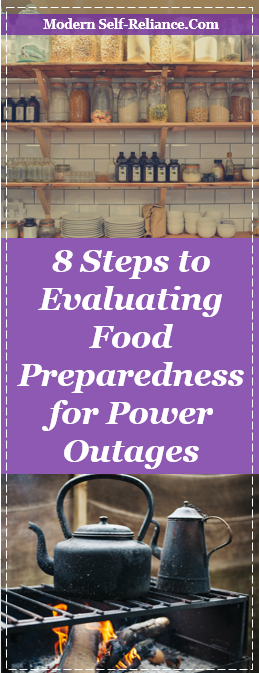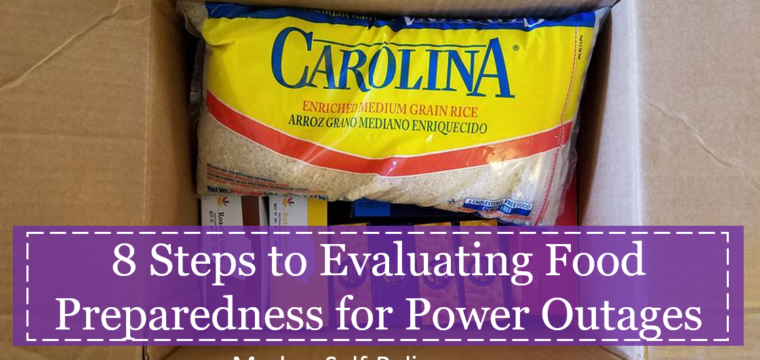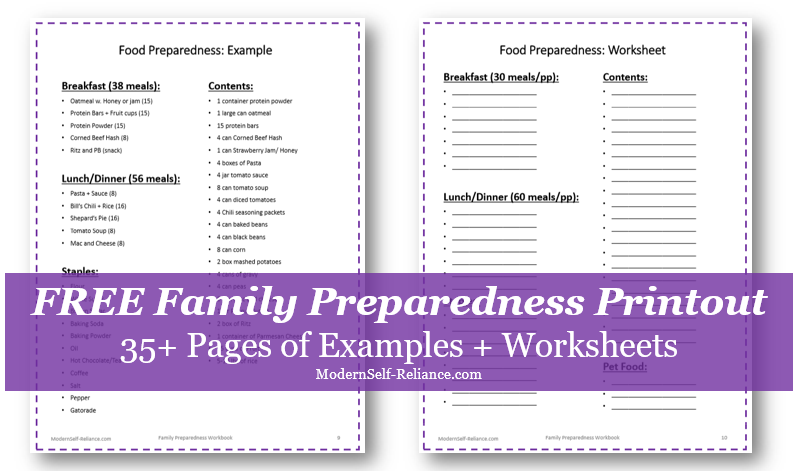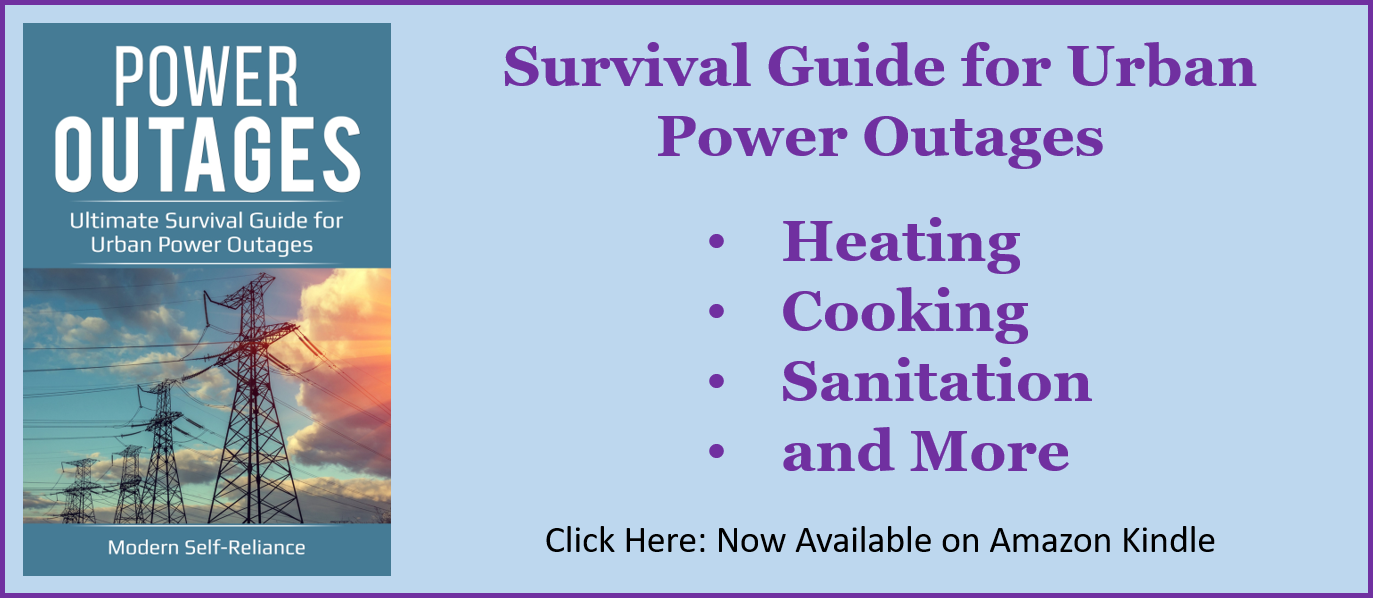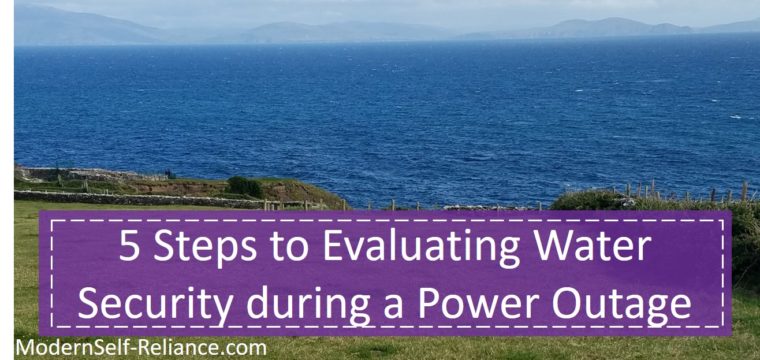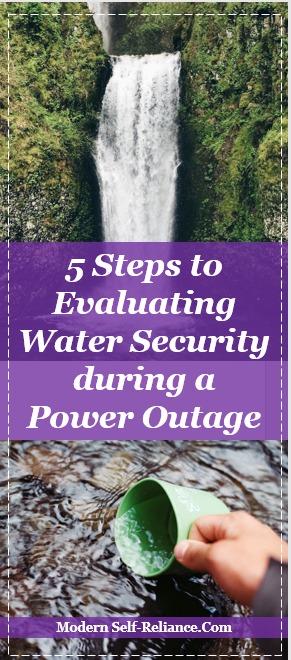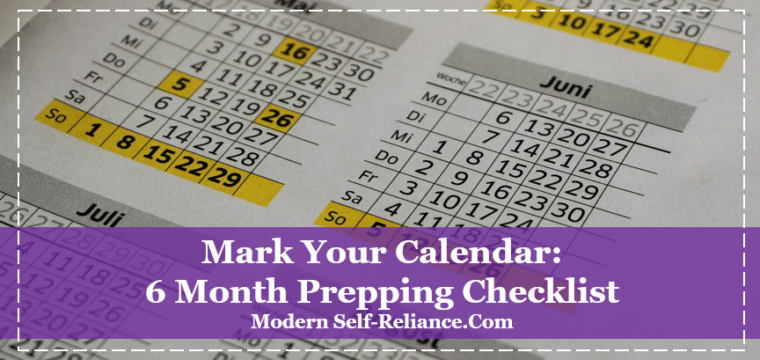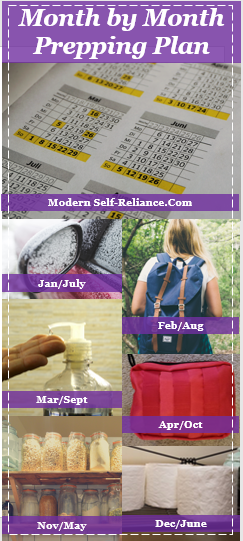Power outages can happen at anytime, and most of us today rely on the constant flow. (The spice must flow! #lettingMyNerdOut #Dune)
In case you missed the first one, this is the second piece in our Power Outage Series, check out our first article:
Food Preparations During Power Outages
Step 1: What about items in the freezer?
First things first. Eat the ice cream. No seriously, don't actually open your freezer until you feel it's starting to melt. It will take some time before items in your freezer thaw and keeping the door shut will extend this time. If there is snow outside, great! The world is your ice box!
Step 2: What items will go bad first without a refrigerator?
Take a mental review of items in your fridge that will go bad quickly without being cold; milk, bread, delicate veggies, etc. This will change with your climate and season, in some regions bread on the counter will be fine for a week. I remember walking into the kitchen in my friends' Texas home in the summer and finding the bread in the refrigerator, it would spoil quickly otherwise. Eat this food first before it goes bad.
Step 3: How is your current cooking device powered?
If you have a gas stove top or wood stove, then you will have heating methods already. However if you use an electric stove top, crockpot (my favorite one, but it doesn't work without power) or oven then you will be out of luck. Without a generator for power, you will have to find other ways to cook and prepare your meals.
Step 4: Can you cook or heat meals outside?
A summer thunder storm rolls in and knocks the power out. As the storm clouds clear, it's dinner time and a great time for a BBQ. You could try cooking meals on a grill outside or cook over a real fire. There are also solar ovens that provide the means to cook food without power outside, here is an example of one but they seem kinda pricey to me. If you live in a place where this is not possible, or don't want to draw attention to your food, you may have to cook inside.
Step 5: Can you cook meals inside?
A small portable camp stove (I personally have this one) with one burner could heat foods without power. I recommend this Butane camp stove that is compact and relatively inexpensive. You may want to crack the window and have a battery operated detector to avoid carbon monoxide poisoning from camp stoves. If you chose to invest in a camp stove, be sure to store the fuel canisters as well.
Step 6: What do you have pots to cook your meals in?
Now that you are switching from a stove top to a fire, are you pots durable enough to take the direct contact with fire. Cheap pots from the thrift store could be a simple way to have extra pots in case one gets burned beyond use over the fire. The other option is investing in cast iron pots and pans that won't get damaged under high heat.
Step 7: When you planned your food storage, did you include foods that need to be cooked or just heated?
Canned and pre-cooked foods that just need to be heated will require much less fuel than items like pasta that needs to be cooked in boiling water. Reducing the need for actually cooking food will make your fuel source last longer. I outline my food storage plan that includes mostly food that need to be heated rather than cooked, check out my plan here.
Step 8: What items in your home don't require heating at all?
Stock up on protein bars, crackers, jam, peanut butter, jerky, nuts, jellybeans and other items that can be eaten straight from the package. These items eliminate the need for cooking entirely and the need for cooking fuel. In general these items also don't need to be refrigerated and won't go back sitting in your pantry waiting for a power outage.
Steps to Take Today
In Conclusion
Cooking during a power outage can be difficult for those living in apartments without gas stoves, fireplaces, fire pits or gas grills. A simple camp stove can solve your food preparation problem. Focus on foods that require heating, not cooking, bonus if they can be eaten raw. Sleep well, knowing you family is prepared to handle food preparation in the event of a power outage.
What are you plans for food during a power outage? How do you plan to cook food in your apartment or home? Thanks for reading!
